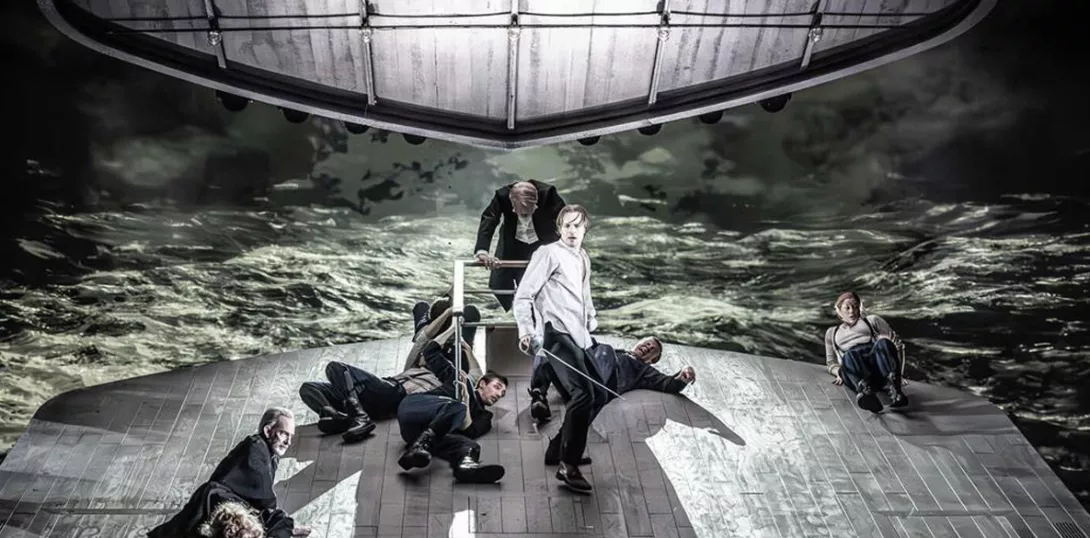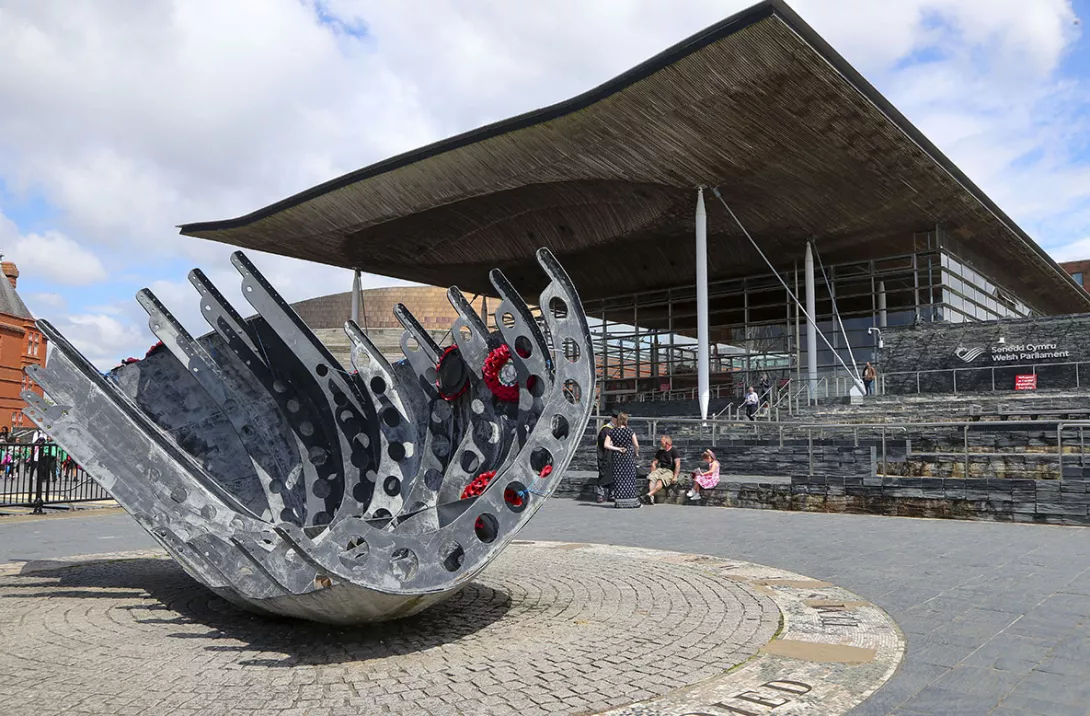GORDON PARSONS is bowled over by a skilfully stripped down and powerfully relevant production of Hamlet
Miners’ strike drama hits the wrong notes
DAVID NICHOLSON is disappointed that an ambitious telling of the strike from a Welsh perspective disregards the collective struggle
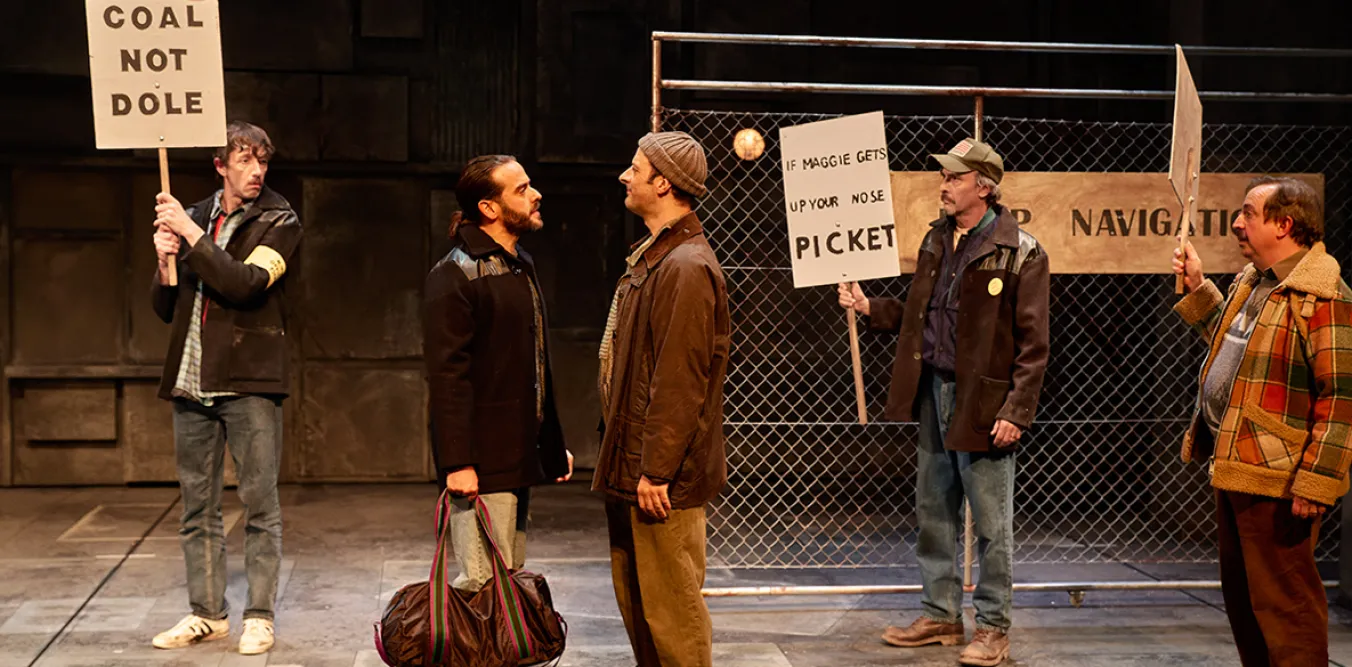
ODYSSEY ’84
Sherman Theatre, Cardiff
PLAYRIGHT Tim Price’s ambitious retelling of the South Wales miners’ contribution to the heroic but doomed year-long strike against pit closures in the mid-1980s is clever, warm and oddly repulsive in its individualism.
Fresh from his success with his play Nye about Bevan and his creation of the NHS, Price has turned his attention to another labour movement epic, weaving the story of the South Wales miners’ part in the strike based on the Greek tale of Homer’s The Odyssey.
The device works well in parts, showing the journey of Rhodri Meilir’s reluctant striker John O’Donnell from a nervous public speaker to travelling the world collecting money for the strike.
More from this author
Similar stories
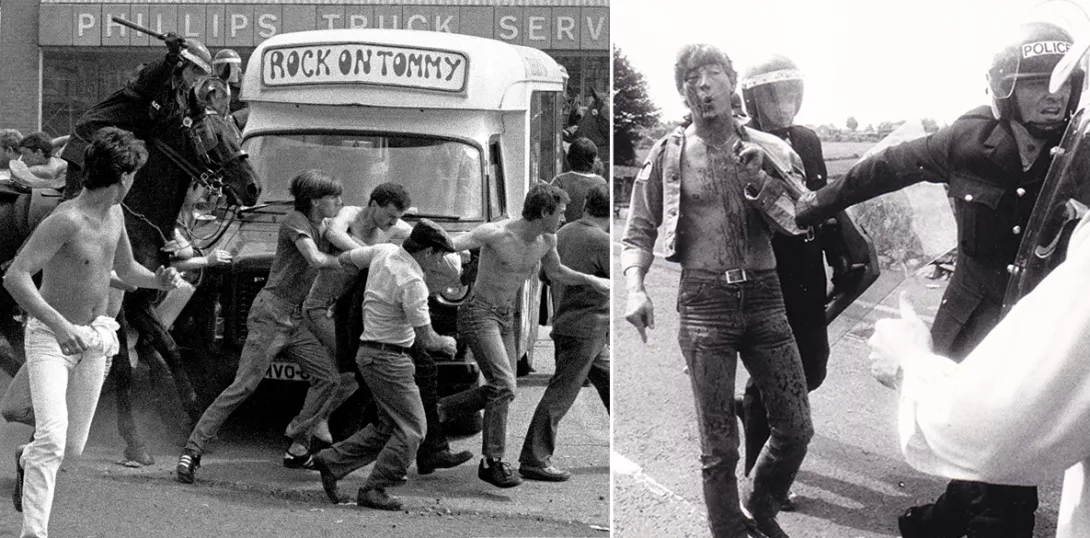
The Star's critic MARIA DUARTE recommends a compassionate and angry portrait of Orgreave that demonstrates, with evidence, the illegal agenda of the Thatcher government
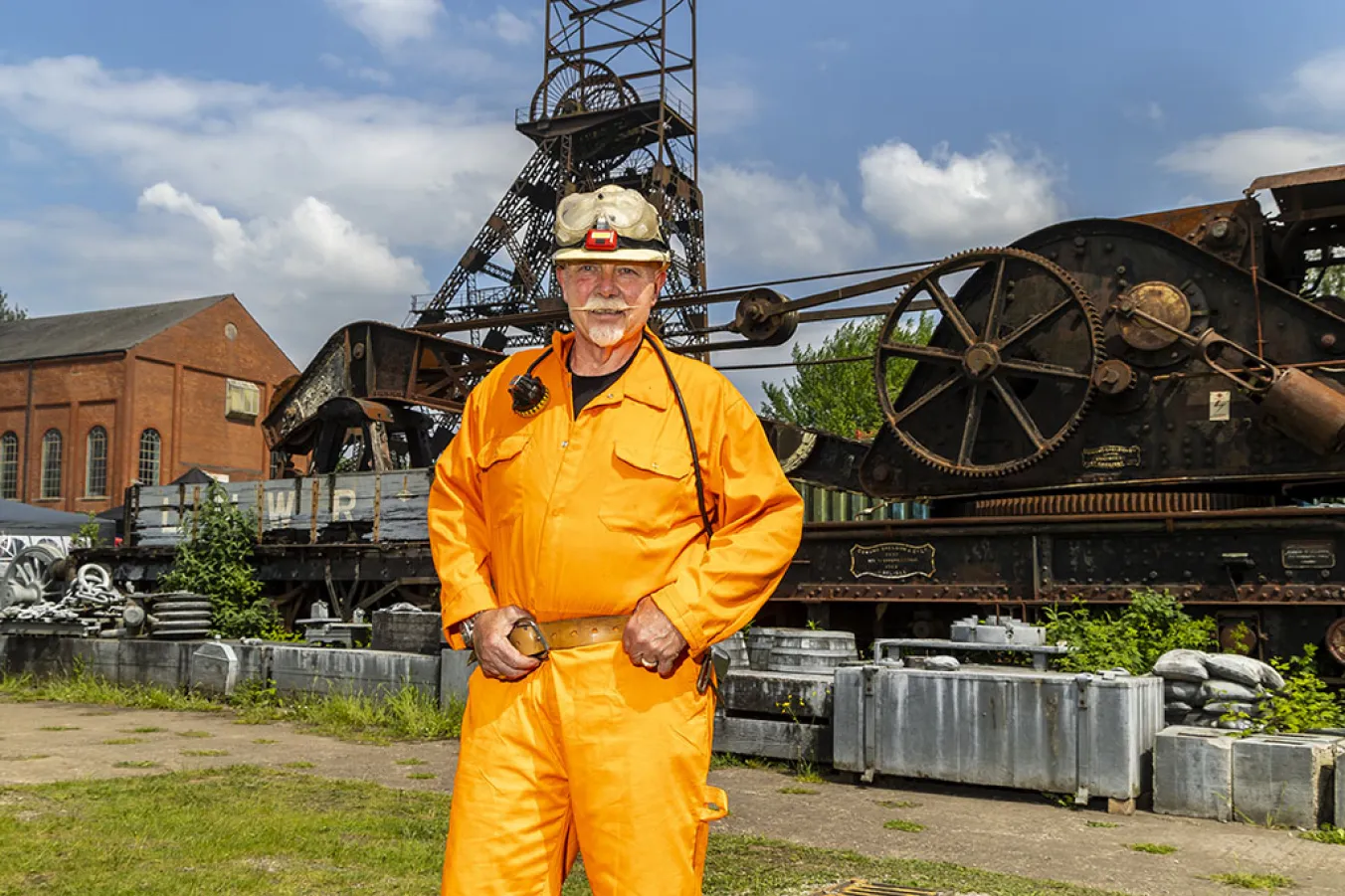
From repurposing a police van as the picket express to facing kidnap charges, former miner STEWART BROWN tells northern reporter Peter Lazenby tales of defiance from Bold Colliery during the 1984-85 strike
The 40th anniversary of the 1984-5 miners’ strike will bring renewed demands for an inquiry into the brutal police attack on miners at Orgreave in South Yorkshire. PETER LAZENBY reports
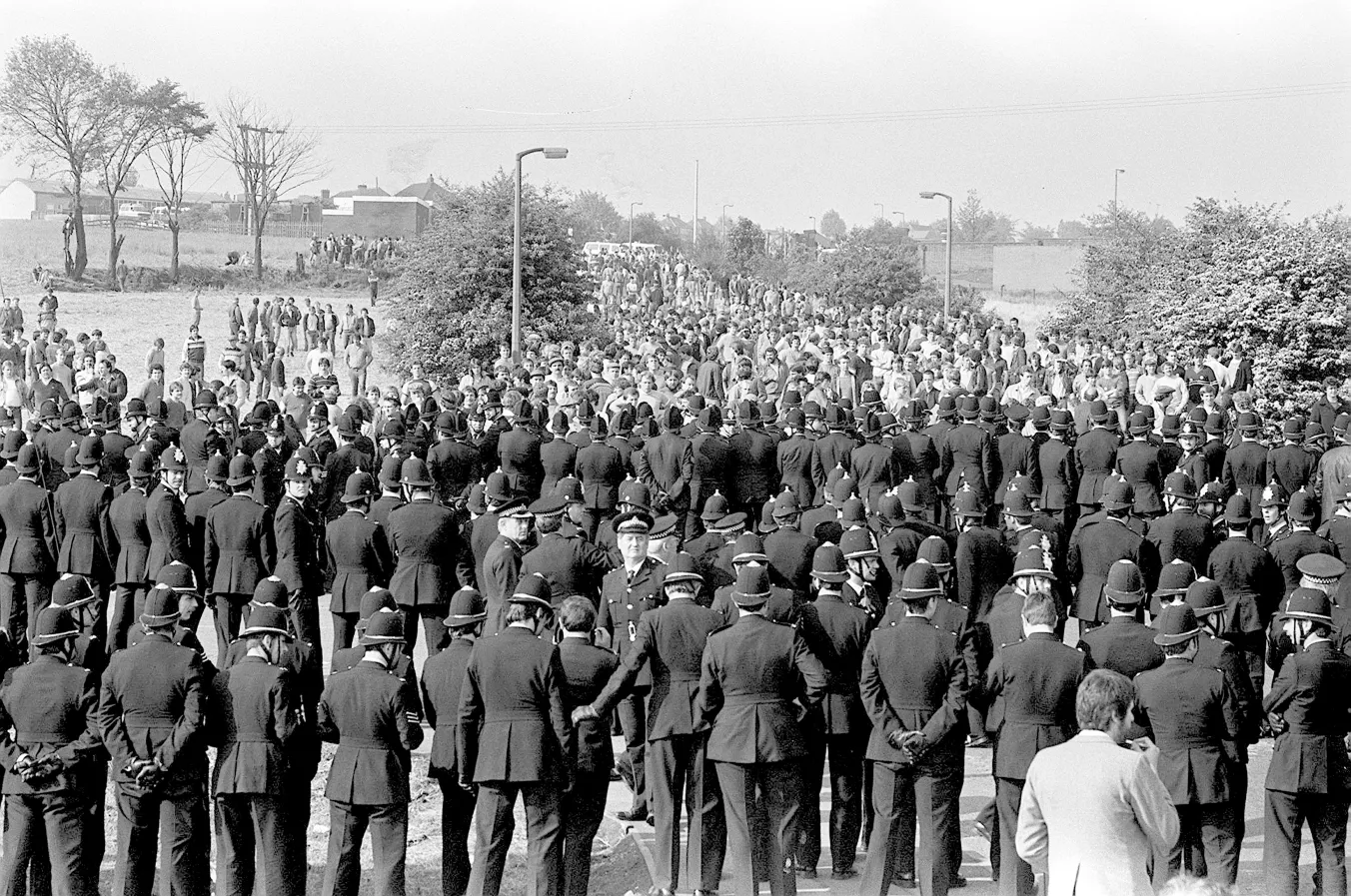
CHRIS KITCHEN, general secretary of the National Union of Mineworkers, reminds us that the defining industrial battle of the last century isn’t over until there is full justice for Orgreave's victims — and for miners’ pensions


